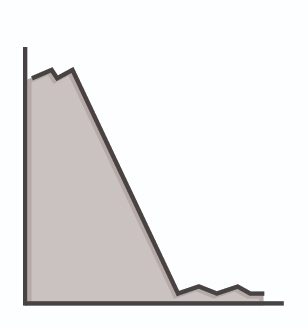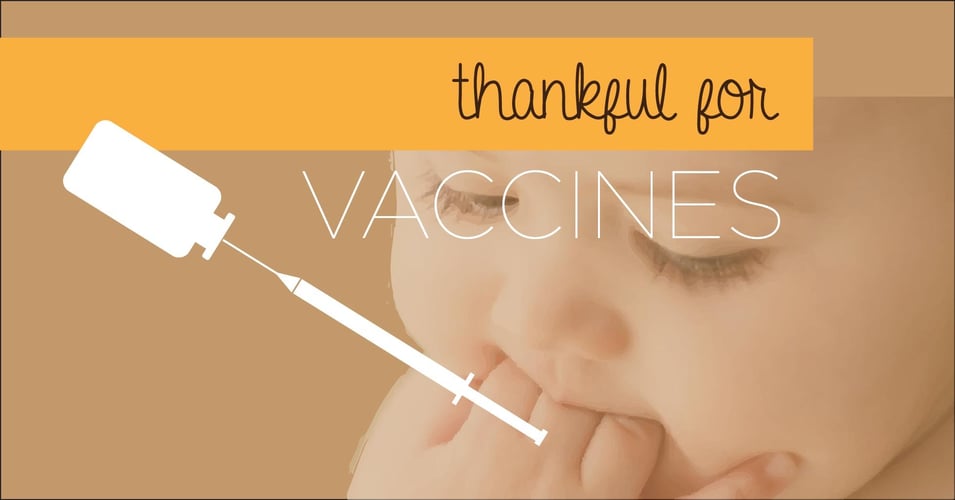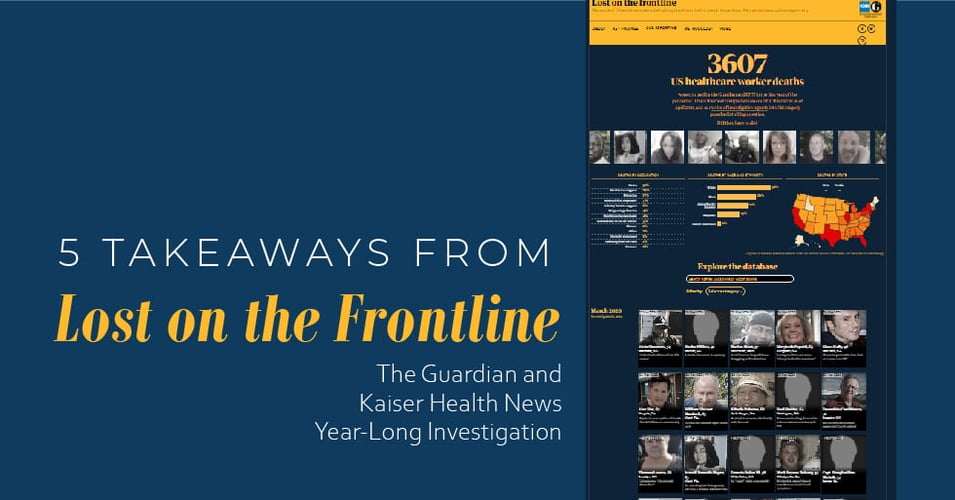World Immunization Week: Health Care Workers and Vaccines

No one could question the positive impact vaccines and the immunization they provide have had on global health. The World Health Organization estimates that immunizations prevent the deaths of between 2-3 million people each year - and could prevent an additional 1.5 million deaths if vaccination efforts were more globally available and accepted. Despite being one of the most cost-effective medical interventions, vaccines are still not universally available, especially in the developing world. And yet, even in those countries where vaccines are readily available, many individuals still choose not to be vaccinated. Who is impacted by this choice?
While the individual choice might be mitigated by the communities' overall vaccine coverage (called herd immunity), some individuals are still at risk of contracting a preventable disease.
Protecting the Healthy Adult
One group for whom vaccines are particularly important are health care workers (HCW). Because doctors, nurses, technicians, janitors, and others are exposed to patient blood and/or body fluids, the risk of exposure to illnesses is significant. In fact, no one is more at risk of exposure than health care workers.
 In 1983, over 17,000 health care workers contracted hepatitis B at work. After years of immunization efforts, there were only 263 cases in 2010. In 1983, over 17,000 health care workers contracted hepatitis B at work. After years of immunization efforts, there were only 263 cases in 2010. |
Thanks to increased HCW vaccination efforts over the past two decades, fewer and fewer healthcare workers become infected with hepatitis B, measles, and other contagious viral diseases each year. While vaccines are not required to work in health care, they are strongly recommended by the CDC and professional associations.
Protecting the Vulnerable
Another group for whom immunizations are important are those most vulnerable to disease: The elderly, infants, and immuno-compromised individuals, including those in hospital care. Many in this vulnerable portion of our population cannot get vaccinated. Therefore, they depend on the rest of us - the herd - to get vaccinated so that the virus stops before it gets to them. And this herd includes health care workers, whose vaccines not only protect the workers, but the patients they work with.
Unfortunately, vaccine-preventable viruses do spread in hospitals. For example, 20.8% of all hepatitis B cases are nosocomial (healthcare-associated). While many of those cases are exacerbated by a particular facility’s faulty infection control practices, other viruses, such as measles, varicella (chicken pox) and influenza are spread from healthcare worker to patient just through regular, day-to-day contact. And while the the infection may be a minor inconvenience to the HCW, the patient confronts a possibly life-threatening condition.

Over the past decade, vaccination laws have increased with states requiring facilities verify, track and offer vaccinations to their staff. While some states enact vaccine requirements, opponents to mandatory vaccination cite the (however slim) chance of vaccine complications and the issue of personal choice/rights. The COVID-19 pandemic accelerated the adoption of vaccine mandates with the first federal level mandate for healthcare workers. From a legal standpoint, mandatory vaccination requirements are permissible “for the public good” (Jacobson v Massachusetts). However, from a employment standpoint, mandatory vaccination requirements can impact the desire to enter the field of health care.
We hope this post has given you an opportunity to think about vaccines and the importance of immunization!
Editor's Note: This post was originally published in April 2018 and has been updated for freshness, accuracy and comprehensiveness.


![[infographic] 3 Reasons Patients are Vulnerable to HAIs Download and share!](https://no-cache.hubspot.com/cta/default/216314/interactive-178382222189.png)



